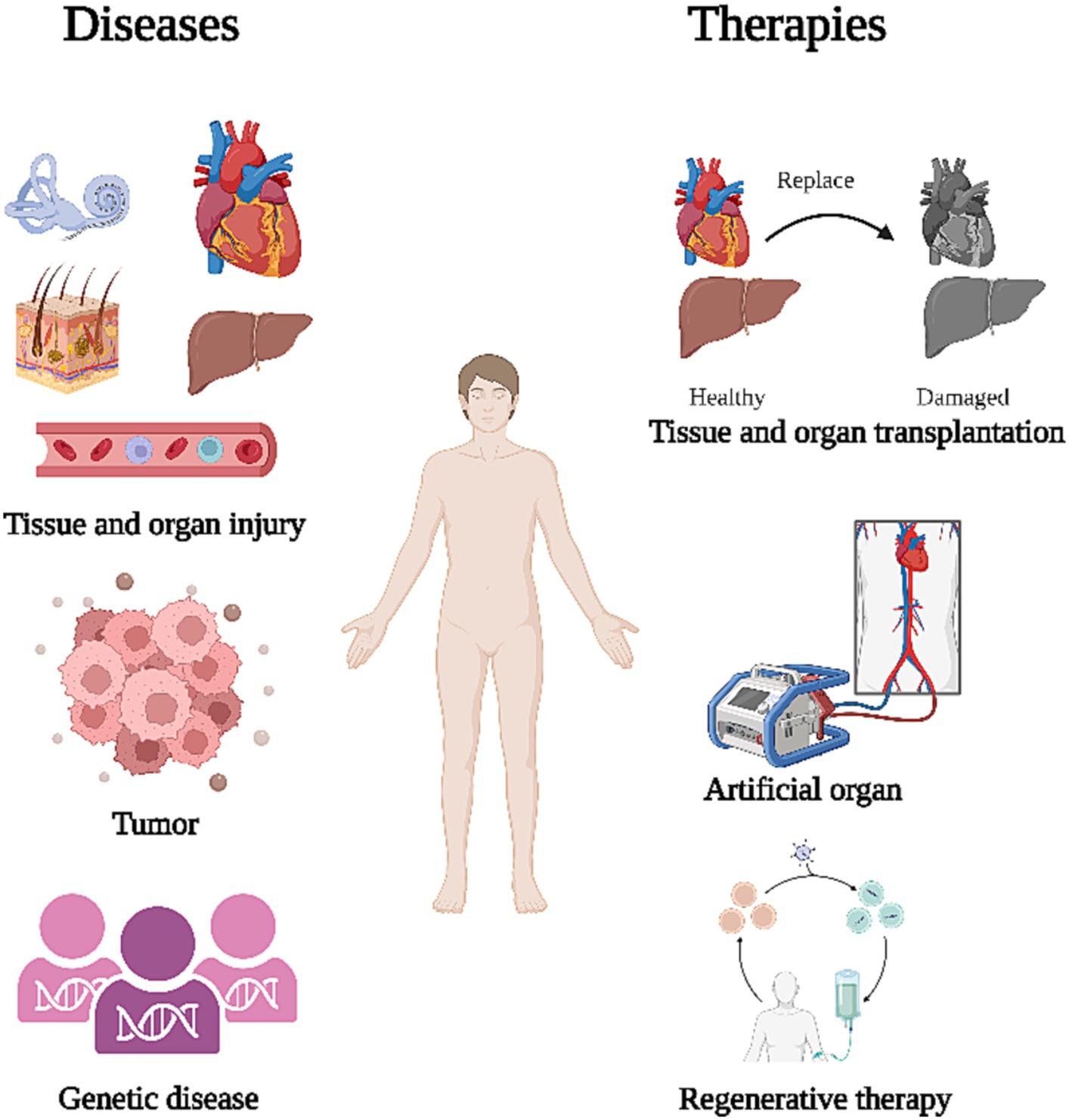Mesenchymal stem cells have emerged as one of the most promising tools in regenerative medicine due to their remarkable ability to differentiate into multiple cell types. These cells, found primarily in bone marrow, adipose tissue, and umbilical cord tissue, can transform into bone, cartilage, and fat cells, making them valuable for tissue repair and regeneration. Research over the past few decades has highlighted the potential of mesenchymal stem cells in treating conditions ranging from bone fractures to autoimmune diseases. Their versatility and capacity to modulate the immune system make them a focus of intense scientific study.

One of the most significant features of mesenchymal stem cells is their immunomodulatory properties. Unlike other stem cells, they can suppress immune responses, which reduces the risk of rejection when used in transplantation. This property has made mesenchymal stem cells a key candidate for developing therapies for autoimmune disorders such as multiple sclerosis, rheumatoid arthritis, and Crohn’s disease. Clinical trials continue to investigate how these cells can be administered safely and effectively to improve patient outcomes while minimizing adverse effects.
Mesenchymal stem cells also play a critical role in tissue engineering. By combining these cells with scaffolds and growth factors, scientists can create bioengineered tissues that mimic natural structures in the body. This approach has applications in orthopedics, where mesenchymal stem cells are used to repair cartilage defects and bone injuries. Studies have shown that when implanted in damaged tissue, mesenchymal stem cells promote healing by differentiating into the required cell types and releasing signaling molecules that recruit the body’s own repair mechanisms.
Another area where mesenchymal stem cells show promise is in cardiovascular medicine. Heart disease remains a leading cause of death globally, and conventional treatments often cannot restore damaged heart tissue. Research indicates that mesenchymal stem cells can improve cardiac function after heart attacks by differentiating into heart cells and promoting angiogenesis, the formation of new blood vessels. These properties make mesenchymal stem cells a potential therapeutic option for repairing heart tissue and enhancing recovery after cardiac events.
The anti-inflammatory effects of mesenchymal stem cells are also critical in treating chronic inflammatory conditions. These cells release cytokines and growth factors that reduce inflammation and promote tissue repair. In diseases such as osteoarthritis, mesenchymal stem cells can be injected directly into affected joints to alleviate pain and restore mobility. Studies have shown that patients receiving mesenchymal stem cell therapy often experience improvements in joint function, highlighting their potential in regenerative medicine.
Mesenchymal stem cells are not only studied for their therapeutic potential but also for their role in drug development. By creating disease models using these cells, researchers can test new drugs and evaluate their effects on specific tissues. This approach provides a more accurate representation of human physiology compared to traditional animal models. Consequently, mesenchymal stem cells contribute to faster, safer, and more efficient drug discovery, potentially reducing the time and cost required to bring new treatments to market.
Despite their promise, the clinical use of mesenchymal stem cells faces several challenges. Standardizing cell isolation, expansion, and delivery methods is essential to ensure consistent results across different patients and studies. Additionally, long-term safety data are still limited, and researchers must carefully monitor potential risks, including unwanted differentiation or tumor formation. Nevertheless, ongoing advancements in cell culture techniques and genetic engineering continue to improve the reliability and safety of mesenchymal stem cells for clinical applications.
In conclusion, mesenchymal stem cells represent a powerful tool in modern medicine with the potential to transform the treatment of numerous diseases. Their ability to differentiate into multiple cell types, modulate immune responses, and promote tissue repair underscores their versatility in regenerative medicine. Ongoing research aims to overcome current challenges and unlock the full therapeutic potential of mesenchymal stem cells, paving the way for innovative treatments that could improve the quality of life for millions of patients worldwide.
